
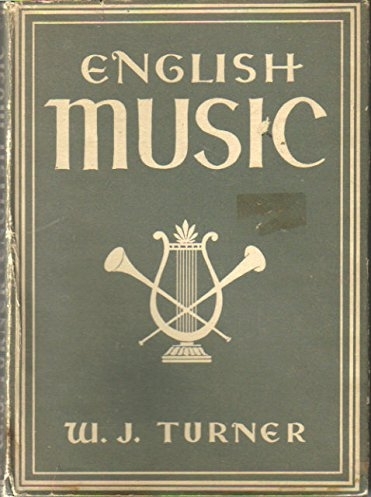
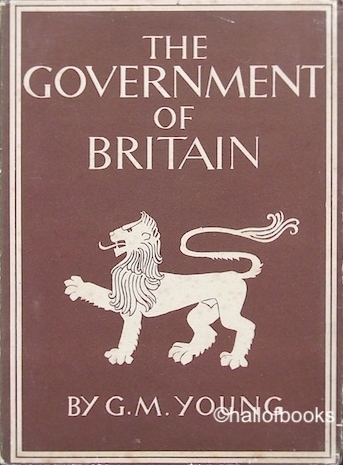
Books in series

English Poets
1942

English Music
1941

The Government of Britain
1941
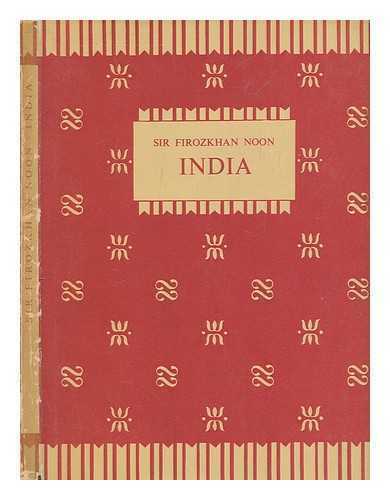
India
1941

English Villages
1945

English Country Houses
1941
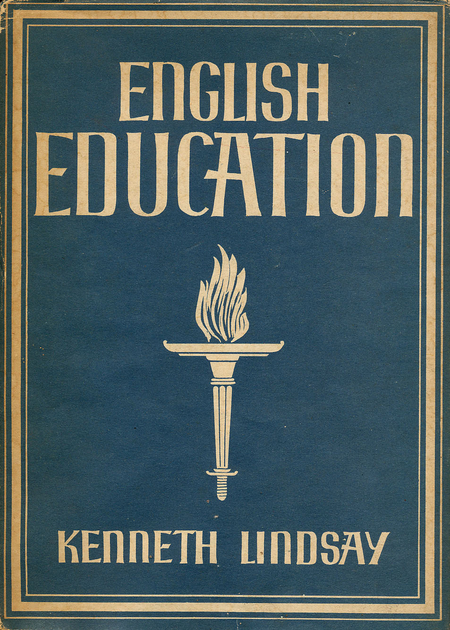
English Education
1941
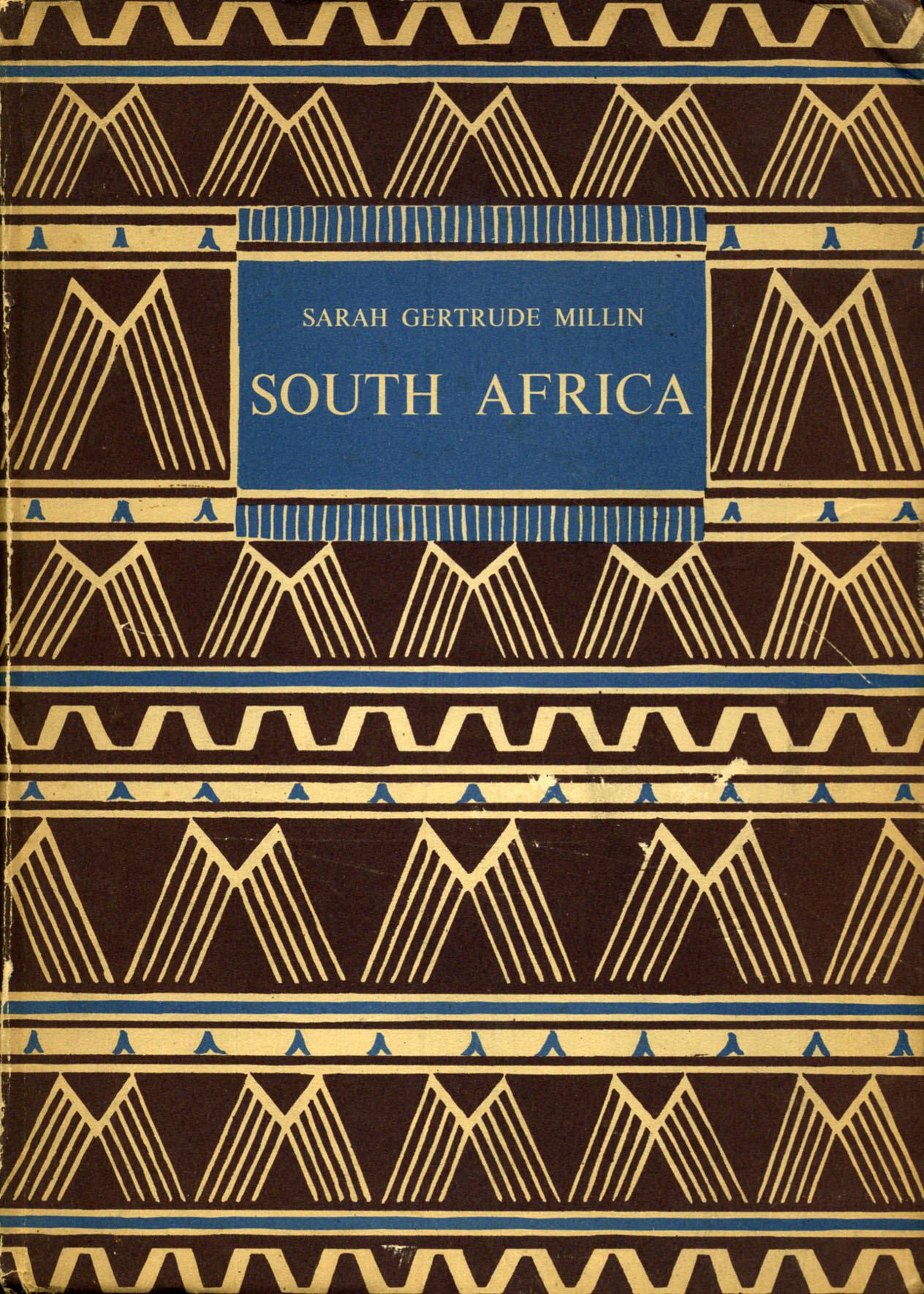
South Africa
1941
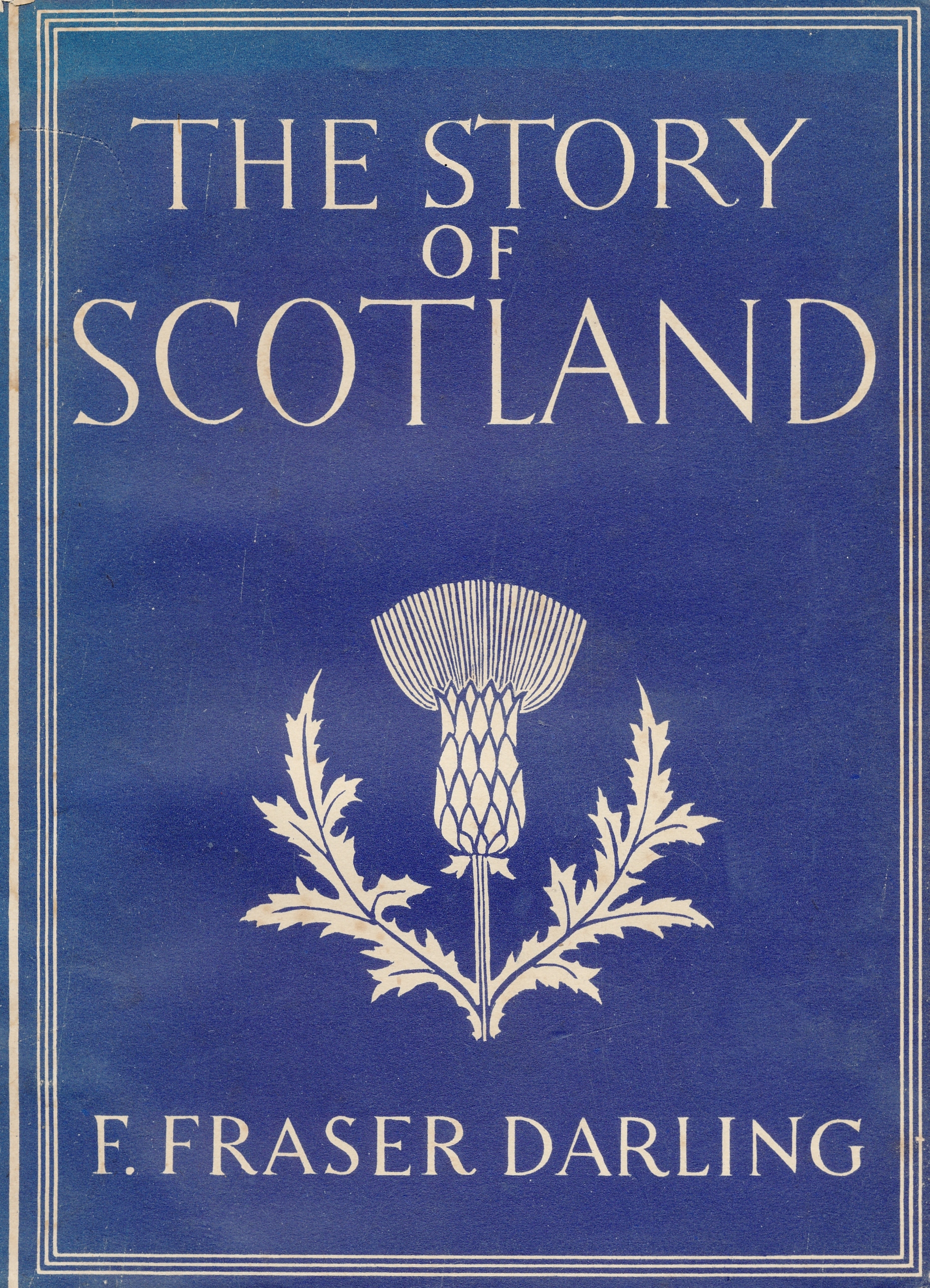
The Story of Scotland
1942

British Mountaineers
2001

English Novelists
1942
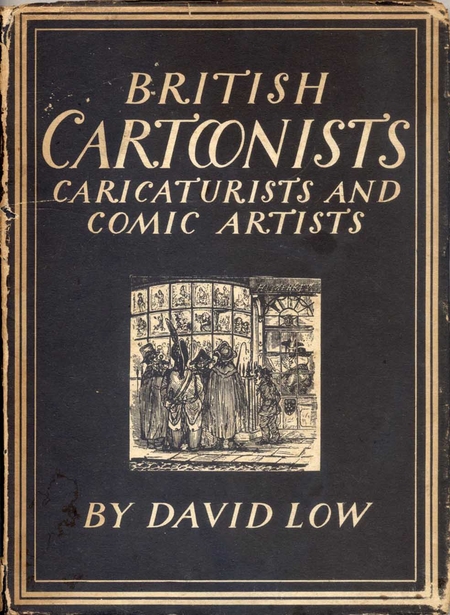
British Cartoonists, Caricaturists and Comic Artists
1942

New Zealand
1942
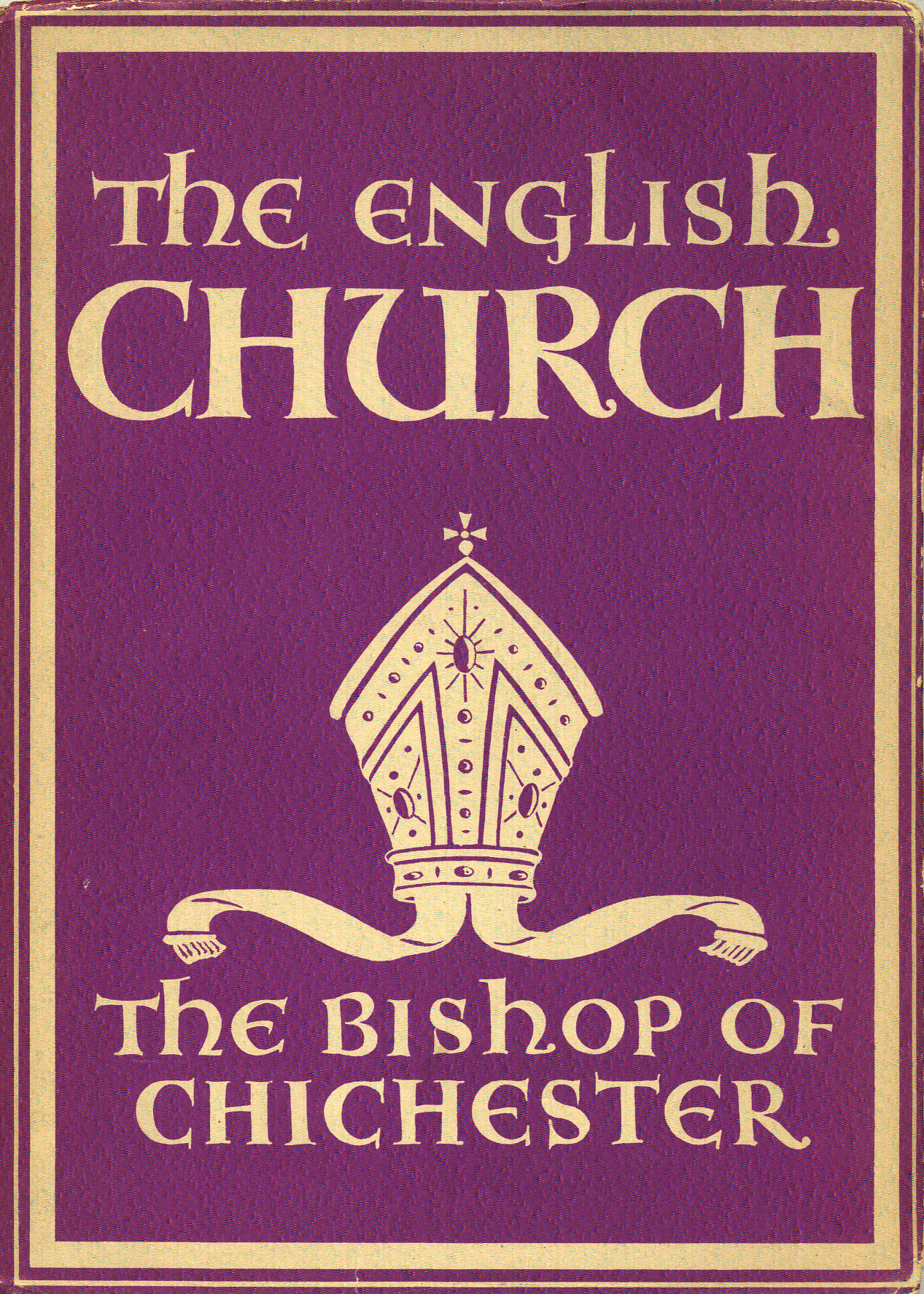
The English Church
The Bishop of Chichester
1942

English Women
1932

Life Among the English
1996

British Ports and Harbours
1942
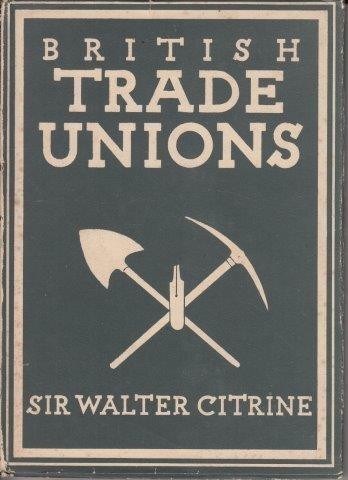
British Trade Unions
1942
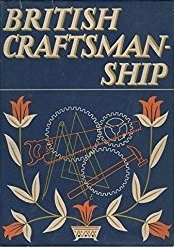
British Craftsmanship
1948

English Cities and Small Towns
1997

Britain in Pictures
A history and bibliography
1995

English Diaries and Journals
1943

The English Bible
1977

British Photographers
1944
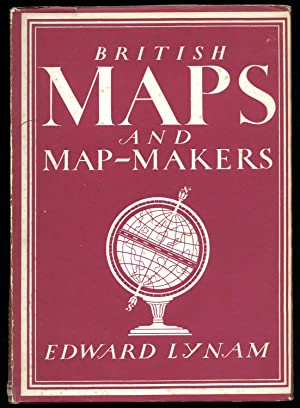
British Maps and Map-Makers
1944
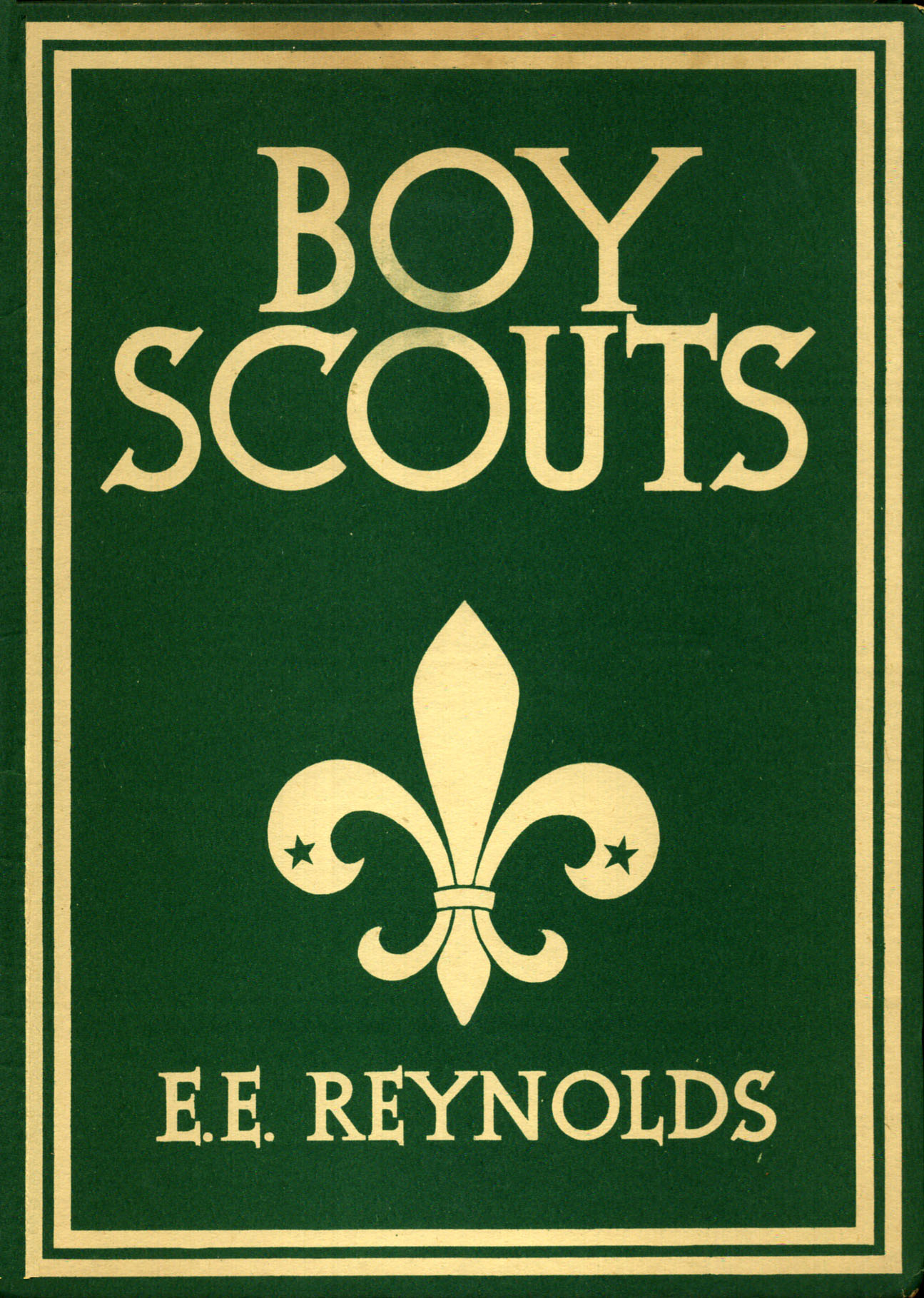
Boy Scouts
1944

Islands Round Britain
1945
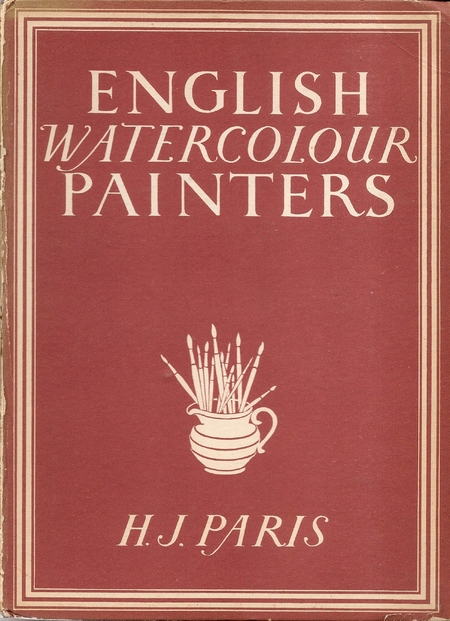
English Watercolour Painters
1945

British furniture makers
1945
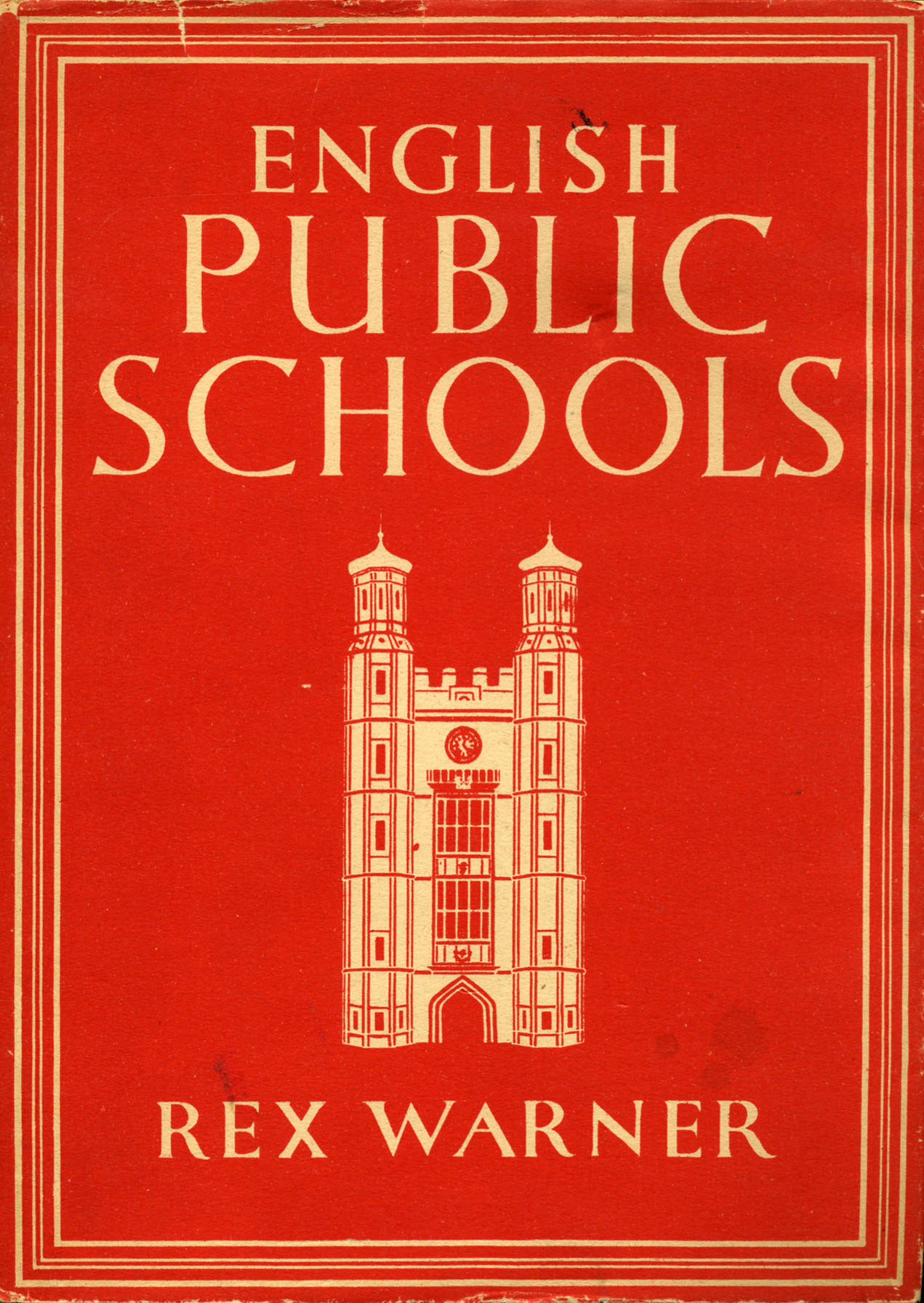
English Public Schools
1945
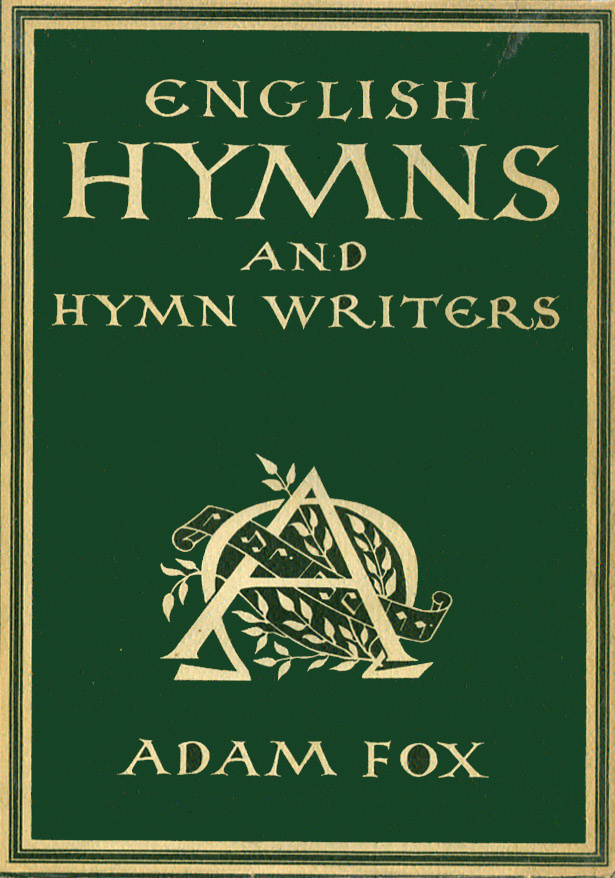
English Hymns and Hymn Writers
1947
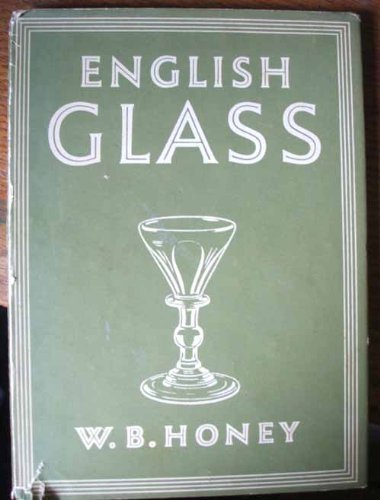
English Glass
1987

The English People
1947

Life Among the Scots
1946
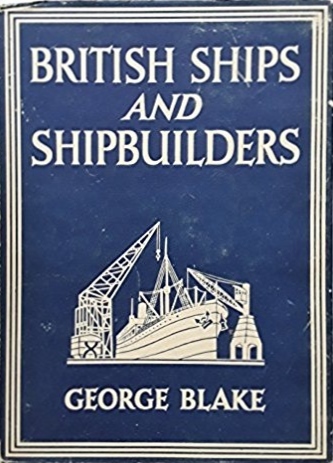
British Ships and Shipbuilders
1946

English essayists
1956

British Clocks And Clockmakers
1947
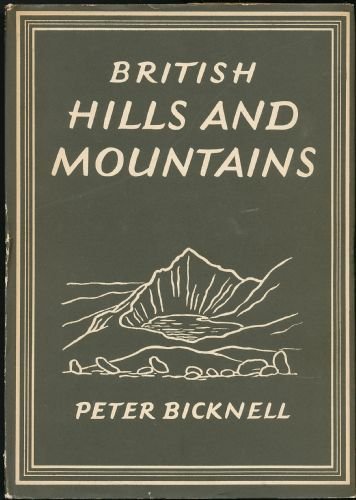
British Hills and Mountains
1947
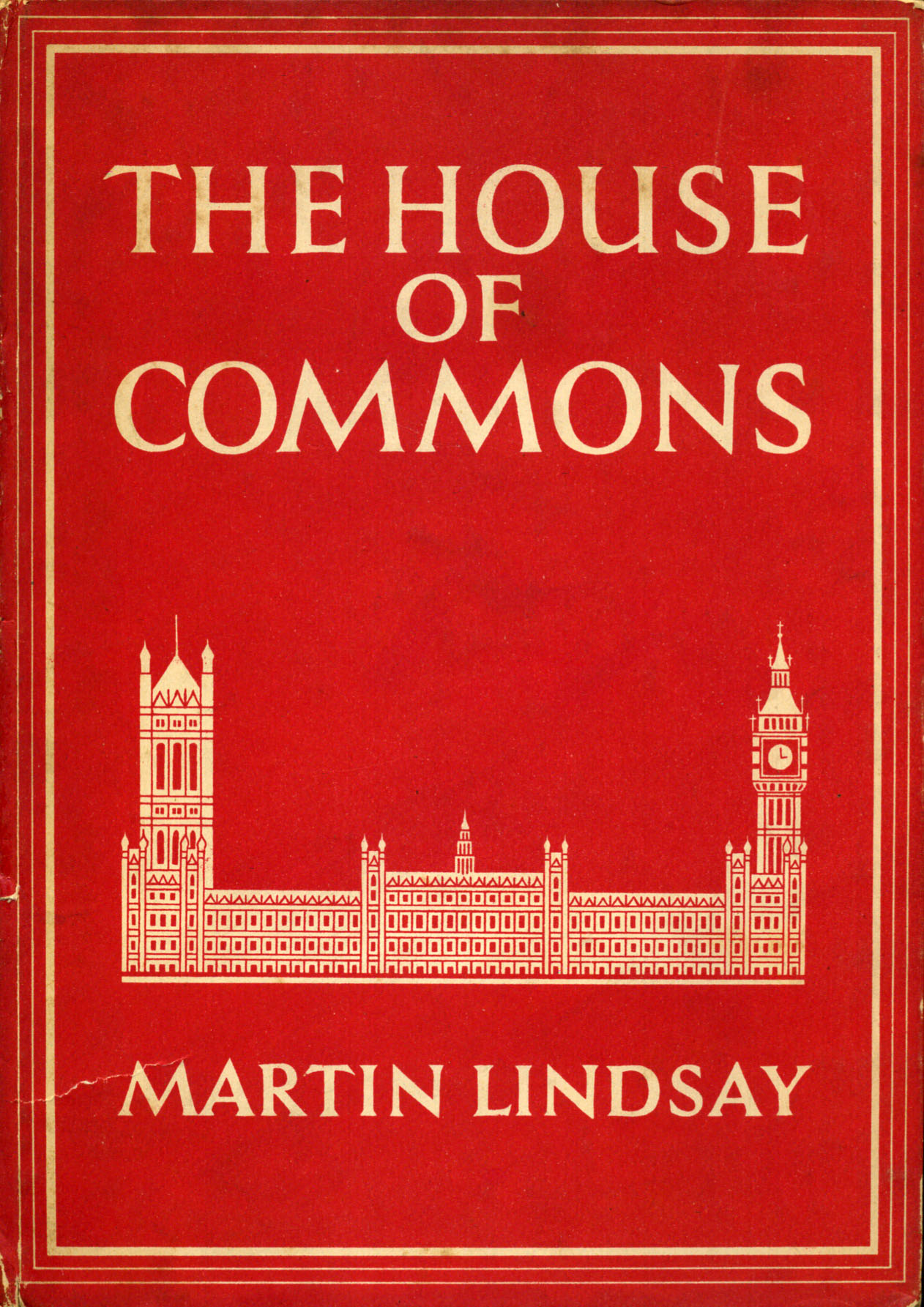
The House of Commons
1947

English Fashion
1948
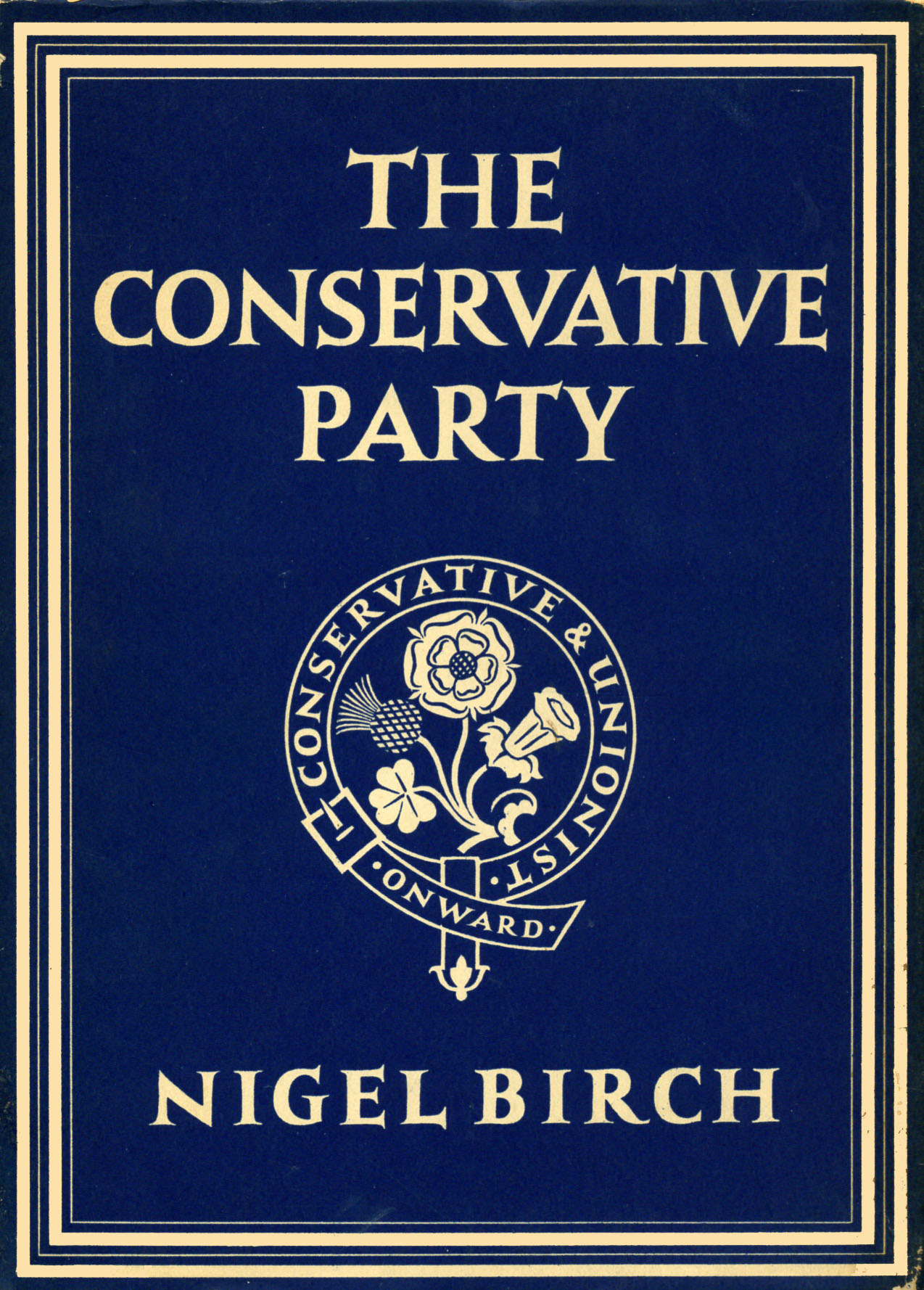
The Conservative Party
1949
Authors
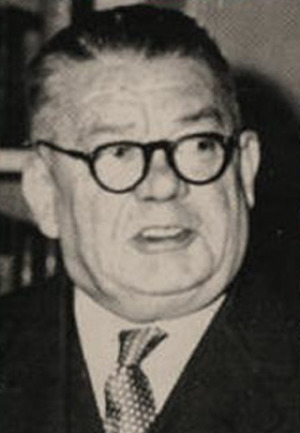
George Blake was a Scottish writer notable for his books about Clydeside shipbuilders. He worked as a journalist and in a publishing house before becoming a full-time writer. His novels include Vagabond Papers (1922), The Shipbuilders (1935), David and Joanna (1936) and the semi-autobiographical work Down to the Sea (1937). In 1924 Blake moved to London, where he was appointed acting Editor of the magazine John o’ London’s Weekly, moving four years later to the Strand magazine which he was unable to restore to its former fortunes. In 1930 became a director of the publisher Faber and Faber. He was involved in running the Porpoise Press, Edinburgh (which published Neil M. Gunn’s Morning Tide in 1931) as a subsidiary of Faber. The Porpoise Press was established to stimulate and publish Scottish writing, interest in which was high at the time.
Ronald Mathias Lockley, known in his published works as R. M. Lockley, was a Welsh ornithologist and naturalist. He wrote over fifty books on natural history. Read more about him from this BBC profile: http://www.bbc.co.uk/blogs/wales/entr...

Dame Ngaio Marsh, born Edith Ngaio Marsh, was a New Zealand crime writer and theatre director. There is some uncertainty over her birth date as her father neglected to register her birth until 1900, but she was born in the city of Christchurch, New Zealand. Of all the "Great Ladies" of the English mystery's golden age, including Margery Allingham, Agatha Christie, and Dorothy L. Sayers, Ngaio Marsh alone survived to publish in the 1980s. Over a fifty-year span, from 1932 to 1982, Marsh wrote thirty-two classic English detective novels, which gained international acclaim. She did not always see herself as a writer, but first planned a career as a painter. Marsh's first novel, A MAN LAY DEAD (1934), which she wrote in London in 1931-32, introduced the detective Inspector Roderick Alleyn: a combination of Sayers' Lord Peter Wimsey and a realistically depicted police official at work. Throughout the 1930s Marsh painted occasionally, wrote plays for local repertory societies in New Zealand, and published detective novels. In 1937 Marsh went to England for a period. Before going back to her home country, she spent six months travelling about Europe. All her novels feature British CID detective Roderick Alleyn. Several novels feature Marsh's other loves, the theatre and painting. A number are set around theatrical productions (Enter a Murderer, Vintage Murder, Overture to Death, Opening Night, Death at the Dolphin, and Light Thickens), and two others are about actors off stage (Final Curtain and False Scent). Her short story "'I Can Find My Way Out" is also set around a theatrical production and is the earlier "Jupiter case" referred to in Opening Night. Alleyn marries a painter, Agatha Troy, whom he meets during an investigation (Artists in Crime), and who features in several later novels. Series: * Roderick Alleyn

Sir Frank Fraser Darling FRSE LLD (born Frank Darling) was an English ecologist, ornithologist, farmer, conservationist and author, who is strongly associated with the highlands and islands of Scotland. While working as a Clean Milk Advisor in Buckinghamshire, and longing for a research post in Scotland, Fraser Darling heard about the work of the Institute of Animal Genetics at Edinburgh University, and in the early 1930s the Director, Francis Albert Eley Crew, offered him a place there to study for a PhD. From 1929–1930 he was Director of the Commonwealth Bureau of Animal Breeding and Genetics, part of the Commonwealth Agricultural Bureaux, at Edinburgh. In 1934 he was elected a Fellow of the Royal Society of Edinburgh. Living at Dundonnell and later in the Summer Isles, Fraser Darling began the work that was to mark him as a naturalist-philosopher of original turn of mind and great intellectual drive. He described the social and breeding behaviour of the red deer, gulls, and the grey seal respectively, in the three academic works A Herd of Red Deer, Bird Flocks and the Breeding Cycle and A Naturalist on Rona. In 1944, the wartime Secretary of State for Scotland, Thomas Johnston, appointed Fraser Darling as Director of the West Highland Survey, tasked with gathering facts to inform future land use and management in the Highlands and Islands. His report, West Highland Survey: An Essay in Human Ecology, was finally published in 1955.

Sir Herbert John Clifford Grierson often referred to as Herbert J.C. Grierson, was a Scottish literary scholar editor and literary critic. He was educated at King's College, University of Aberdeen and Christ Church, Oxford. On graduating from the latter he was appointed Professor of English Literature at his Aberdeen alma mater, where he taught from 1894 to 1915, and subsequently became Knight Professor of English Literature at the University of Edinburgh (1915 – 1935). He is credited with promoting interest in the metaphysical poets, especially John Donne, a revival more commonly attributed to T.S. Eliot. His special field of research was English poetry of the 17th century, but he was also interested in Walter Scott.


South African novelist, born in Lithuania, educated in Kimberley. Her obsession as a novelist was with the supposed dire consequences of miscegenation. As J. M. Coetzee has shown in White Writing (1988), though she was Jewish her assumptions about race were derived from Victorian anthropologists and Social Darwinists like Herbert Spencer. Yet this discredited outlook, so widespread at the time, did not prevent her from writing some good novels with genuine tragic pathos, such as God's Stepchildren (1924), with its haunted, ‘mixed-blood’ protagonist, Barry. Despite her racialism Millin was vehemently anti-Nazi and attacked Nazi ideology in The Herr Witchdoctor (1941). As well as many novels, including Adam's Rest (1922), The Sons of Mrs. Aab (1931), and King of the Bastards (1950), she wrote autobiographical memoirs, war diaries, short stories, and two distinguished biographies, Rhodes (1933) and General Smuts (1936). In such non-fiction as The South Africans (1926, revised edition 1934), she addressed the potential for racial conflict. Read more: Sarah Gertrude Millin Biography - (1889–1968), White Writing, God's Stepchildren, The Herr Witchdoctor, Adam's Rest http://www.jrank.org/literature/pages...

Novels of British writer Victoria Mary Sackville-West, known as Vita, include The Edwardians (1930) and All Passion Spent (1931). This prolific English author, poet, and memoirist in the early 20th century lived not so privately. While married to the diplomat Harold Nicolson, she conducted a series of scandalous amorous liaisons with many women, including the brilliant Virginia Woolf. They had an open marriage. Both Sackville-West and her husband had same-sex relationships. Her exuberant aristocratic life was one of inordinate privilege and way ahead of her time. She frequently traveled to Europe in the company of one or the other of her lovers and often dressed as a man to be able to gain access to places where only the couples could go. Gardening, like writing, was a passion Vita cherished with the certainty of a vocation: she wrote books on the topic and constructed the gardens of the castle of Sissinghurst, one of England's most beautiful gardens at her home. She published her first book Poems of East and West in 1917. She followed this with a novel, Heritage, in 1919. A second novel, The Heir (1922), dealt with her feelings about her family. Her next book, Knole and the Sackvilles (1922), covered her family history. The Edwardians (1930) and All Passion Spent (1931) are perhaps her best known novels today. In the latter, the elderly Lady Slane courageously embraces a long suppressed sense of freedom and whimsy after a lifetime of convention. In 1948 she was appointed a Companion of Honour for her services to literature. She continued to develop her garden at Sissinghurst Castle and for many years wrote a weekly gardening column for The Observer. In 1955 she was awarded the gold Veitch medal of the Royal Horticultural Society. In her last decade she published a further biography, Daughter of France (1959) and a final novel, No Signposts in the Sea (1961). She died of cancer on June 2, 1962.
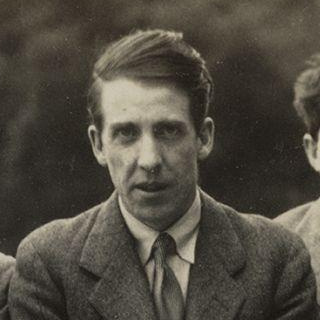

Leo Walmsley was an English writer. He was born in Shipley in West Yorkshire in 1892, and two years later his family moved to Robin Hood's Bay on the coast of present-day North Yorkshire, where he was schooled at the old Wesleyan chapel & the Scarborough Municipal School. He was the son of the painter Ulric Walmsley. In 1912 the young Leo secured the post of curator-caretaker of the Robin Hood's Bay Marine Laboratory at five shillings a week. During World War I he served as an observer with the Royal Flying Corps in East Africa, was mentioned in dispatches four times and was awarded the Military Cross. After a plane crash he was sent home, and eventually pursued a literary career. He settled at Pont Pill near Polruan in Cornwall, where he became friendly with the writer Daphne du Maurier. Many of his books are mainly autobiographical, the best known being his Bramblewick series set in Robin Hood's Bay – Foreigners, Three Fevers, Phantom Lobster and Sally Lunn, the second of which was filmed as Turn of the Tide (1935).
Francis Sydney Smythe, better known as Frank Smythe or F. S. Smythe, was an English mountaineer, author, photographer and botanist. He is best remembered for his mountaineering in the Alps as well as in the Himalayas, where he identified a region that he named the "Valley of Flowers", now a protected park. His ascents include two new routes on the Brenva Face of Mont Blanc, Kamet, and attempts on Kangchenjunga and Mount Everest in the 1930s.[2] It was said that he had a tendency for irascibility, something some of his mountaineering contemporaries said "decreased with altitude".[3] Smythe was educated in Switzerland after an initial period at Berkhamsted School, trained as an electrical engineer and worked for brief periods with the Royal Air Force and Kodak before devoting himself to writing and public lecturing. Smythe enjoyed mountaineering, photography, collecting plants, and gardening; he toured as a lecturer; and he wrote a total of twenty seven books.[4] Smythe's focused approach is well documented, not only through his own writings, but by his contemporaries and later works. Among his many public lectures, Smythe gave at least several to the Royal Geographical Society, his first being in 1931 titled "Explorations in Garhwal around Kamet", his second in 1947 titled "An Expedition to the Lloyd George Mountains, North-East British Columbia". Smythe was a prodigious writer and produced many popular books. However his book "The Kangchenjunga Adventure" launched Smythe as a legitimate and respected author.[5] During the Second World War he served in the Canadian Rockies as a mountaineer training officer for the Lovat Scouts. He went on to write two books about climbing in the Rockies, Rocky Mountains (1948) and Climbs in the Canadian Rockies (1951). Mount Smythe (10,650 ft) was named in his honour. In 1949, in Delhi, he was taken ill with food poisoning; then a succession of malaria attacks took their toll. He died on 27 June 1949, two weeks before his 49th birthday. [https://en.wikipedia.org/wiki/Frank\_S...]

Emilie Rose Macaulay, whom Elizabeth Bowen called "one of the few writers of whom it may be said, she adorns our century," was born at Rugby, where her father was an assistant master. Descended on both sides from a long line of clerical ancestors, she felt Anglicanism was in her blood. Much of her childhood was spent in Varazze, near Genoa, and memories of Italy fill the early novels. The family returned to England in 1894 and settled in Oxford. She read history at Somerville, and on coming down lived with her family first in Wales, then near Cambridge, where her father had been appointed a lecturer in English. There she began a writing career which was to span fifty years with the publication of her first novel, Abbots Verney, in 1906. When her sixth novel, The Lee Shore (1912), won a literary prize, a gift from her uncle allowed her to rent a tiny flat in London, and she plunged happily into London literary life. From BookRags: http://www.bookrags.com/biography/ros...


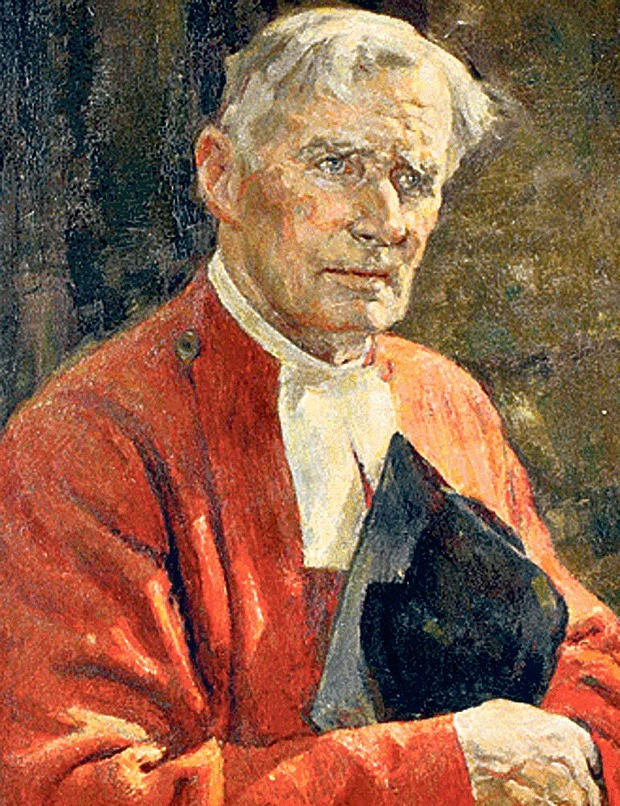
Adam Fox (1883 – 1977), Canon, was the Dean of Divinity at Magdalen College, Oxford. He was one of the first members of the "Inklings", a literary group which also included C.S. Lewis and J.R.R. Tolkien. Between 1938 and 1942 he was Professor of Poetry. Later he became Canon of Westminster Abbey and he is buried there in Poet's Corner. He was also Warden (Headmaster) of the famous Radley College. During his time at Oxford, he wrote his long poem in four books "Old King Coel". It gets its name from King Cole, legendary British father of the Roman Empress Helena, the mother of the Emperor Constantine. As Professor of Poetry, Fox advocated poetry which is intelligible to readers, and gives enough pleasure to be read again. This was important to him because poetry which is not re-read will not be understood properly, and will therefore be irrelevant. This advocacy can be understood as a criticism against some forms of modern poetry. Although not considered one of the most important "Inklings", Fox's works are still of interest, particularly those concerning Christianity and Platonism. In his 1945 Plato for Pleasure, he tried to introduce the general public to Plato. Fox wished to make Plato well known among the English Classics once again and hoped that people would study the platonic dialogues, as well as the plays of Shakespeare. His biography of William Ralph Inge, the famous theologian, philosopher and Dean of St. Paul's Cathedral, is still regarded as an important text and was awarded the 1960 James Tait Black Memorial Prize soon after its publication.

